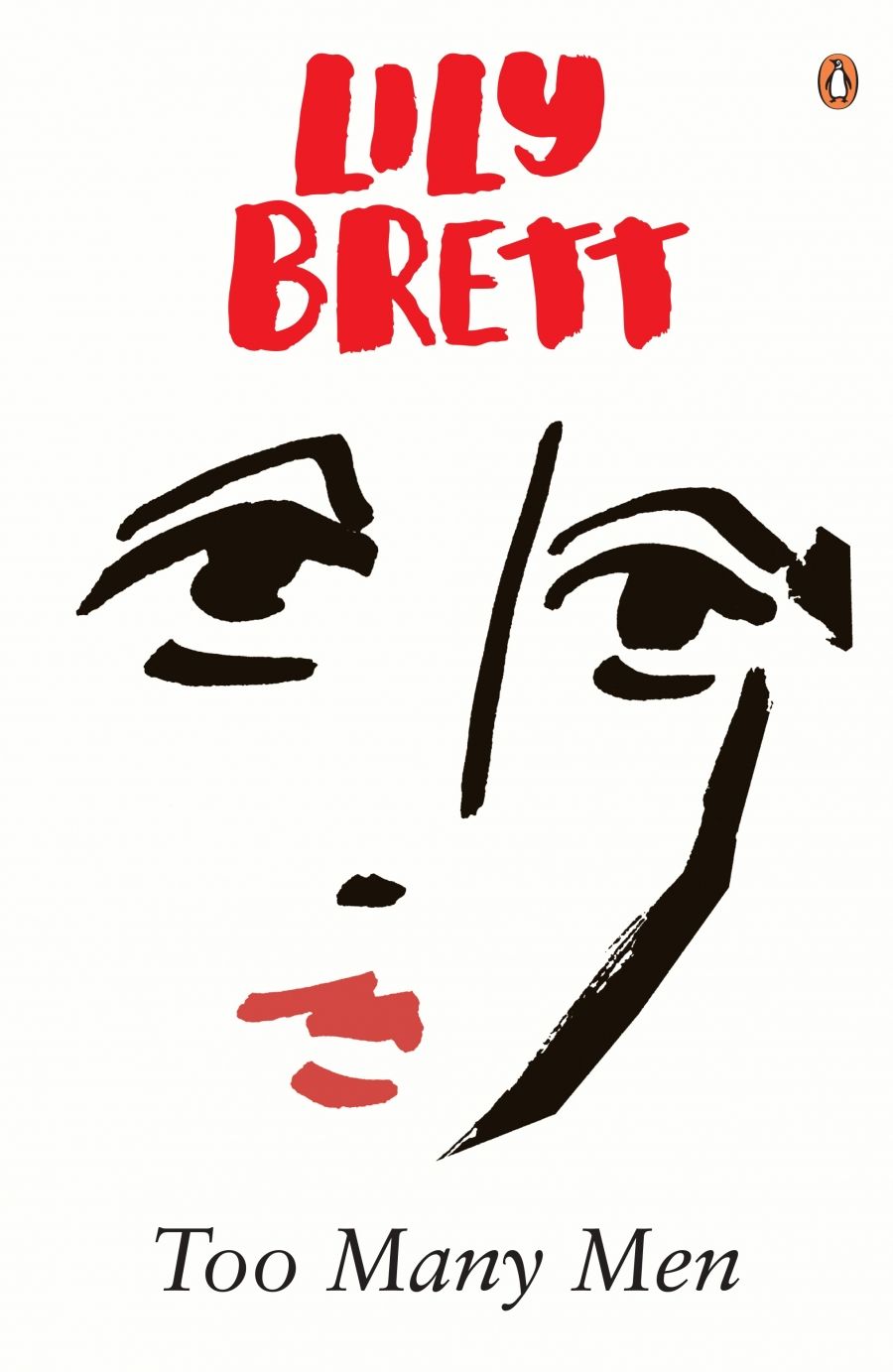
- Free Article: No
- Contents Category: Fiction
- Review Article: Yes
- Online Only: No
- Custom Highlight Text:
There are now 10,000 books written about Auschwitz. About the Holocaust there must be many more tens of thousands. Lily Brett is one of the great readers and collectors of these books. Her novels and poems are awash with Holocaust details and with an obsessive sense of responsibility for this impossible knowledge. Impossible because the horrific details cannot be held in the mind for long. In Too Many Men, the Holocaust stories do not come with the poised and philosophical moral gravity of an Inga Clendinnen, nor with the outrageous sensationalism of a Darville but with a doggedness and astonishment that are finally powerfully effective.
- Book 1 Title: Too Many Men
- Book 1 Biblio: Picador, $28 pb, 714 pp
- Book 1 Readings Link: booktopia.kh4ffx.net/ZddrbQ
The plot and characters are vintage Lily Brett. A sophisticated adult daughter is obsessed with the Auschwitz experience of her parents. She takes leave from her work as a New York letter-writer for the wealthy in order to meet her eighty-year-old father (resident in Australia) in Poland where they will visit the home of his childhood, the Jewish ghettos of the war and the concentration camps where he and his wife somehow survived. Ruth Roth wax is wealthy, single and obsessed. She is obsessed with, among dozens of other obsessions, food, breasts, numbers, being-on-time, exercise and the Holocaust. Ruth Rothwax can launch into a Lily Brett-style essay on almost anything that comes under her notice. She is particularly good on New York dogs with therapists and parents in public with children. Wherever her attention falls she obsesses. Some of her observations on lifestyles in New York are deliciously cruel. On the epidemic of plastic surgery in America, she notes, ‘People you knew suddenly changed in appearance. Looked strange overnight. One week they looked like themselves, two weeks later they looked like their own distant relative.’
Neurotic obsessiveness is not her most frightening affliction for once she is in Poland, she begins hearing the voice of Rudolph Hoess who was a commander of Auschwitz. For many pages she and Hoess swap notes on the Holocaust, the Nazi hierarchy, what it was like to be hanged, what it is like to be in Hell, what it was like to be in charge of Auschwitz and be faced with the problem of not only killing all those Jews but disposing of the bodies. Early attempts at mass graves were unsuccessful because the gases from decaying bodies actually pushed the rotting corpses back up to the surface. This kind of detail is placed in the novel with other details that are merely bizarre: personalised number plates on cars were an innovation of the Nazi SS.
Ruth is a devoted daughter, protective of her father and acutely aware of continuing racism in Poland. Even now with the Jewish population virtually annihilated there is anti-Semitic graffiti on walls and good Polish citizens are willing to believe that the Jews buried gold all over the city before they were driven away. Most galling is her discovery that Auschwitz is no longer a death camp but a ‘museum’. Spielberg’s filming sites have more resonance for tourists than the actual sites of the ghettos and the slaughter. Against the outrage, pain and resentment Ruth experiences there is her father Edek’s ability to establish bonhomie with Polish men and seduce Polish women. Where Ruth is determined to preserve the past, Edek is prepared to take his second chance at life without resentment. Brett’s portrait of the tense, fond, contradiction-riddled relationship between father and daughter is a highlight of the novel and the fitting source of its climax.
Most startlingly, at the heart of this seven-hundred-pageplus novel is a short story worthy of Chekhov. It was at the end of this story of a fifty-year-old tea set, an overcoat, and the persistence of monstrous venality in small lives, at page 391, that I wept. In this story, there were no babies thrown in bins, no Rudolph Hoess taking potshots at starving Jews. It is a restrained, tense, and wrenching little story. Strangely enough, though, it seems to need those seven hundred pages around it to give it its place and its significance. Like a beautiful fragile tea set wrapped in an abundance of tissues, this novel has a gem to reveal to those who take the time to unwrap it.
Too Many Men is a disturbing novel for it exists in a realm not quite of fiction, not quite of history, not quite autobiographical. At almost every point in the book, its tone is provocatively complex. Its attack on Poland and the Polish, for instance, is both a part of the fiction, based in history, and loaded with the venom of a Jewish writer who is only able to speak because the grand scheme of annihilation ran out of time.


Comments powered by CComment